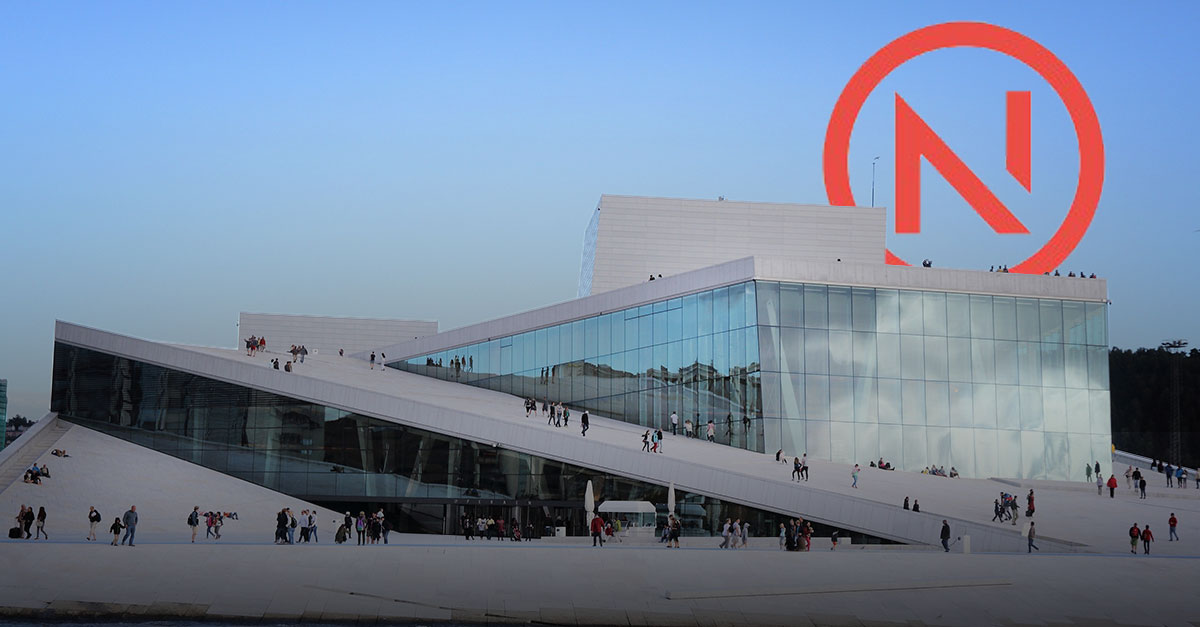
Part 1: Planning for the Unexpected—What Tesla Can Teach Us About Supply Chain Resilience
Every industry eventually reaches a tipping point, that memorable moment in time when the old rules stop working and the new rules redefine the game. Automotive had Tesla. Retail had Amazon. Entertainment had Netflix. Now, supply chain planning is at that very edge.
Organizations have depended on legacy planning systems and processes built around fixed assumptions and static cycles for years. These tools were created for a world where stability was the norm and supply chains were primarily regional, operating in predictable trade zones and logistical frameworks. But we’re not living in that world anymore. Global volatility is now the default setting, and yesterday’s systems weren’t built to survive it.
Tesla didn’t win simply because it made electric vehicles. The real innovation was how Tesla reimagined the car, not just as transportation but as a learning platform.

Tesla’s vehicles are designed to constantly sense their environment, run thousands of simulations per second, and choose optimal real-time outcomes. That’s the power of adaptive intelligence. It’s software thinking for a physical world. And it’s a mindset that’s sorely missing from many of today’s supply chain systems.
At ketteQ, we’ve taken inspiration from that model to create something fundamentally different. We didn’t just modernize existing tools by making incremental improvements. We broke with convention and built an adaptive AI-powered engine from the ground up.

At the core is PolymatiQ™, our agentic AI solver engine that runs thousands of simulations, continuously learns from real-world data, and adjusts in real-time without requiring a human to step in every time conditions change.
What’s the benefit of all this adaptability? It’s simple: resilience and agility.
Resilience isn’t just about recovery. It’s about preparation. It’s about sensing disruptions before they become emergencies. Whether it’s a pandemic, a geopolitical conflict, tariffs, a cyberattack, a strike at a key port, or a notification of a later delivery of a key component—disruptions will happen. The question is whether your supply chain is ready.
As HP’s Ernest Nicolas said, “The only certainty in modern supply chains is uncertainty itself.” The organizations that survive the next black swan won’t be lucky. They’ll be the prepared ones.

There are two characteristics of winning supply chains today:
- Resilience: The ability to withstand disruption through proactive preparation.
- Agility: The ability to respond quickly and effectively once disruption strikes.
Tesla showed us that engineering for adaptability is a strategic advantage. ketteQ applies the same principle to supply chain planning—allowing companies to run scenarios, simulate responses, and recalibrate automatically.
Instead of planning once a month and hoping it holds, imagine planning that evolves from cadence bases to a continuous flow by the minute.
With PolymatiQ, your supply chain doesn’t just think faster. It thinks smarter.

This is semi-autonomous planning: a system that learns from every cycle, improves continuously, and takes action across competing constraints—cost, service, inventory, capacity—without constant human intervention.
Just as Tesla shifted the automotive conversation from horsepower to processing power, ketteQ is shifting supply chain planning from fixed to fluid, reactive to real-time, and manual to intelligent.
Tesla didn’t iterate. It innovated. The companies that will lead the next era of supply chain success will do the same.
Download the full white paper: What Tesla, Amazon, and Netflix Can Teach Us About Supply Chain Planning. Get the detailed blueprint for building resilience, enabling agility, and transforming your supply chain into a system that thrives under uncertainty.





